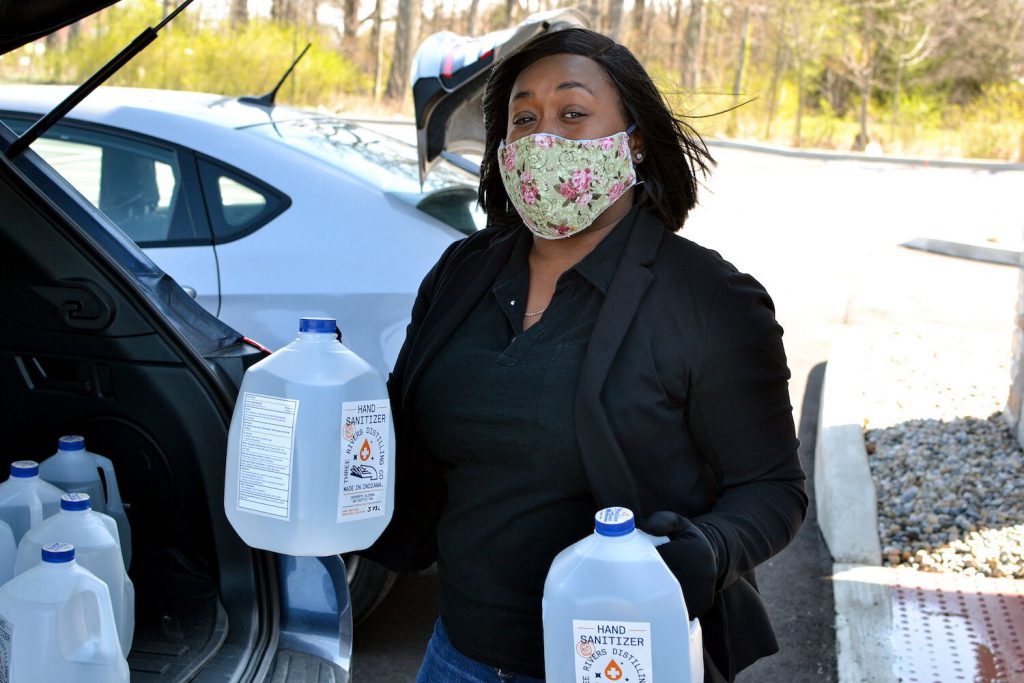As nonprofits keep serving during COVID-19, Northeast Indiana’s foundations are helping them survive

Story originally posted on Input Fort Wayne 4/29/2020
Under normal conditions, the Fort Wayne area’s philanthropic community tends to operate independently. Each foundation and grantmaking group has certain causes it supports, and its dollars are largely directed to those causes, explains Meg Distler, Executive Director of St. Joseph Community Health Foundation.
But when the COVID-19 pandemic hit Northeast Indiana, the region’s most pressing needs rose to the surface, and rather than focus on their respective interests, foundation leaders across the region are rallying around a common goal: Using data to provide COVID-19 emergency relief dollars and supplies to nonprofits as efficiently and effectively as possible.
As the pandemic unfolded in early March, foundation leaders, including Distler, were already feeling the financial pinch of the economic crisis and plunging stock market.
“It could be up to 20 percent of your assets have dropped,” Distler says.
As such, many foundation leaders and boards have been considering how to make the most of the assets they have left, asking: How can we meet the most urgent needs of our community right now? And how should we prepare for the long-term effects of this pandemic going forward?
Thankfully, they have data on hand to help them make these difficult decisions.
Seeing the effects of the COVID-19 pandemic abroad, the Allen County Department of Public Health and other leaders worked quickly to determine the community’s most urgent needs and how long residents could likely withstand the impending economic crisis.
On March 1, Allen County Health Commissioner Dr. Deb McMahon called together a group of community leaders, including several foundations, who began working with the Parkview Mirro Center for Research and Innovation to create a 3-5 minute community needs survey that could be deployed quickly.
The initial findings from that survey, gathered March 12-24, were astounding, Distler says. Of 4,967 respondents, about 44 percent said they could make it only one or two weeks without pay. In other words, many people in Allen County are living paycheck-to-paycheck, and without work, they are unable to meet their basic needs. About 65 percent are concerned about finding and purchasing food.
“That was taken very seriously,” Distler says. “A lot of us put money instantly into food banks because it was so clearly stated that people were not prepared.”…
Recent Stories
- $170,600 grant supports resilience and accessibility in the local food system
- The Carriage House: Embracing human dignity through community
- Addressing maternal housing instability, a critical conversation
- Meg Distler Receives 2024 Saint Katharina Kasper Award
- Matthew 25 and St. Vincent de Paul Society partnership makes care more accessible
